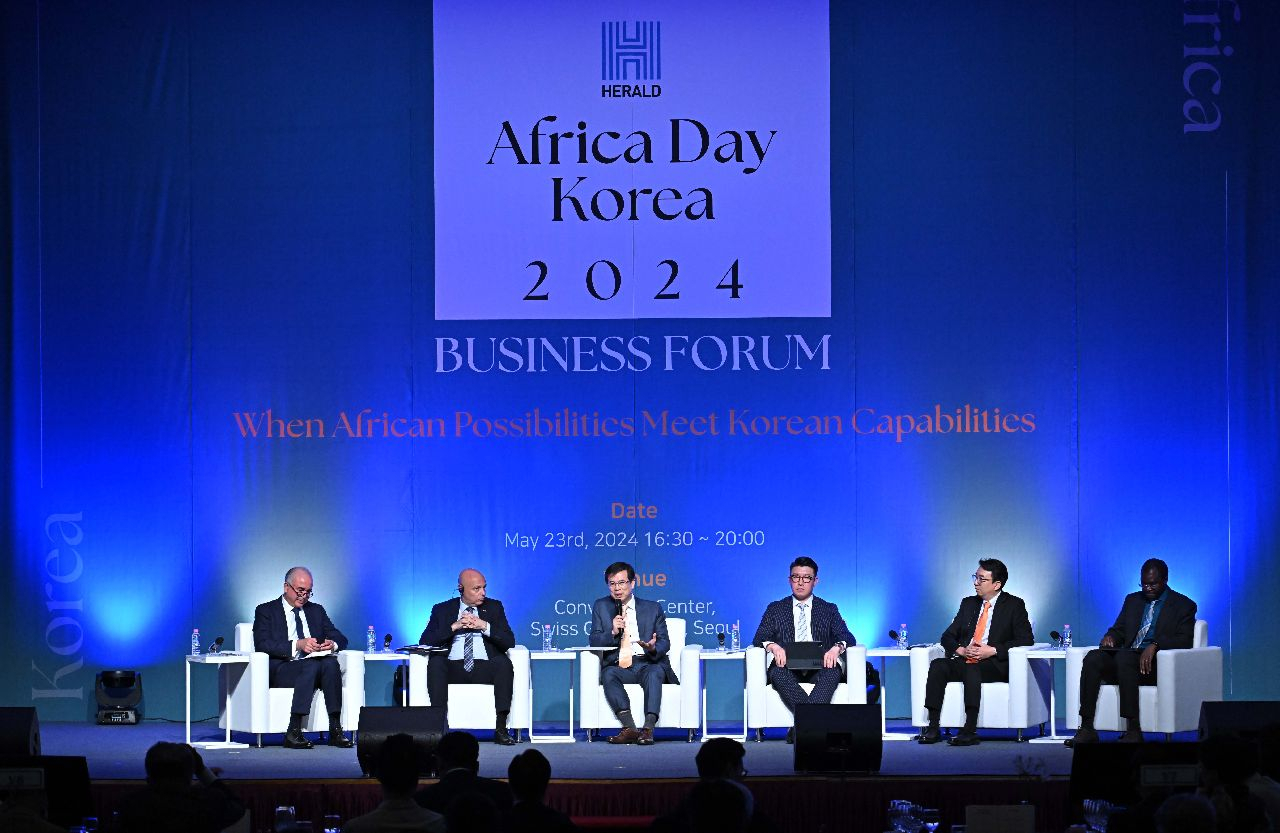
African ambassadors and Korean trade experts explored the economic potential of bilateral ties between Korea and Africa during the Africa Day Business Forum, co-hosted by The Korea Herald and the African Group of Ambassadors in Seoul on Thursday.
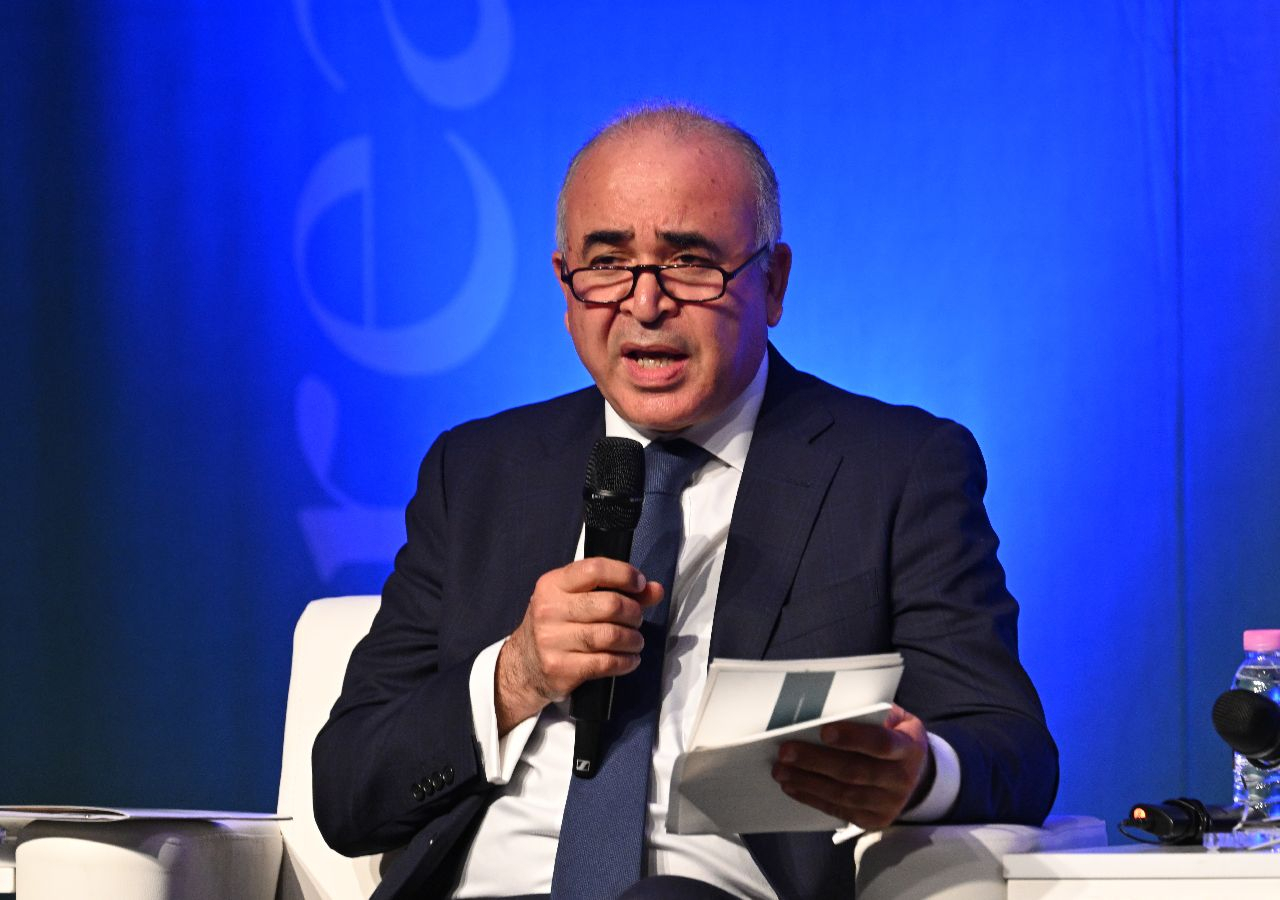
In a panel discussion mediated by Tunisian Ambassador to Korea Kais Darragi, they discussed ways to attract more investment into African countries.
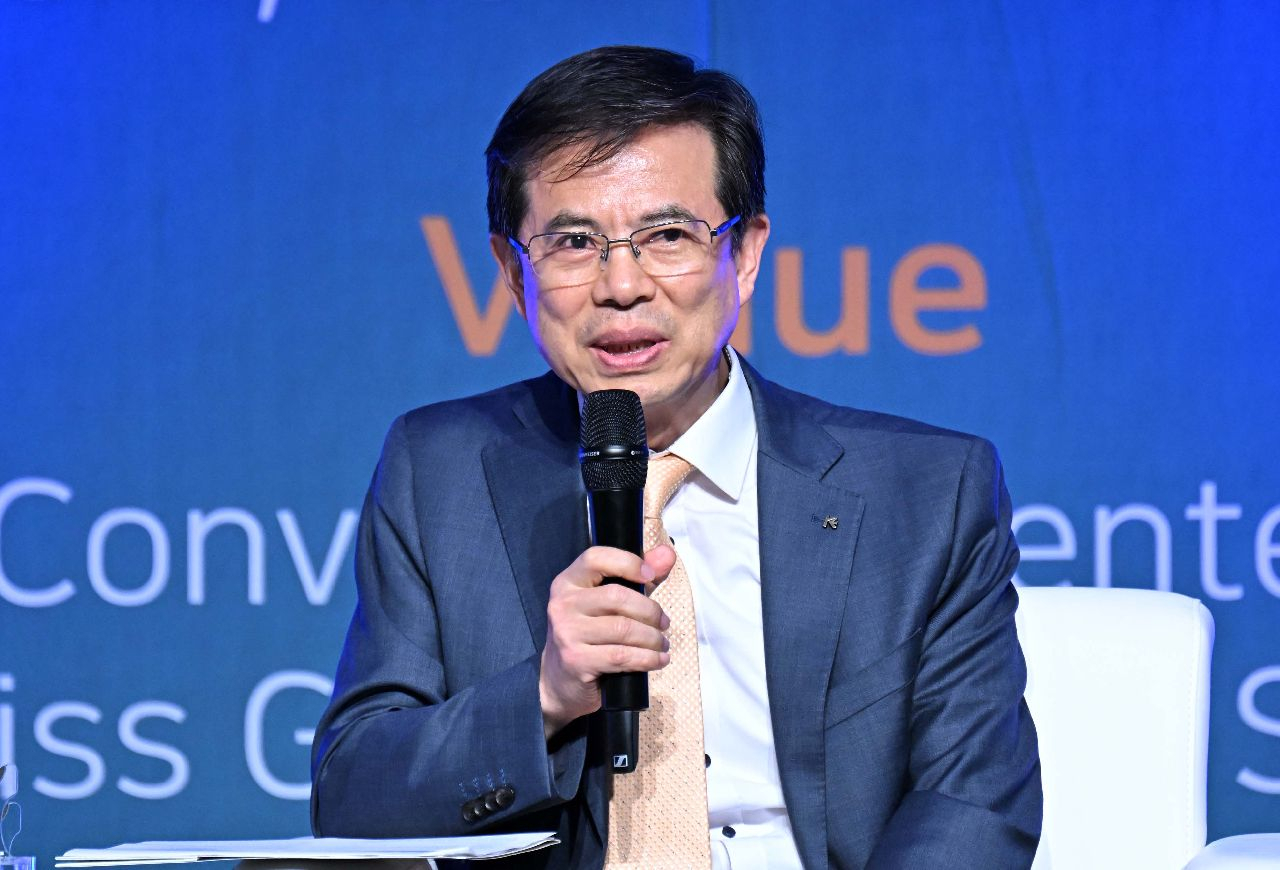
Hong Soon-young, vice president of the Export-Import Bank of Korea, urged African nations to go all-out to build infrastructure, elaborating on how countries like China, India and Vietnam have successfully secured growth by attracting foreign domestic investment.
“Currently, about 70 percent of the FDI in the world is going to developing countries, but less than 5 percent of them are made in Africa. Asia and Latin America are taking over 95 percent of them,” Hong said.
“African countries suffer from the vicious cycle of constant fiscal deficit, low productivity, and a lack of jobs, which leads to talent leakage. For economic growth, I believe the answer is FDI.”
Hong also encouraged African countries to consider using Korea's official development assistance program, the Economic Development Cooperation Fund, which offers a low interest rate of 0.2 percent for up to 40 years.
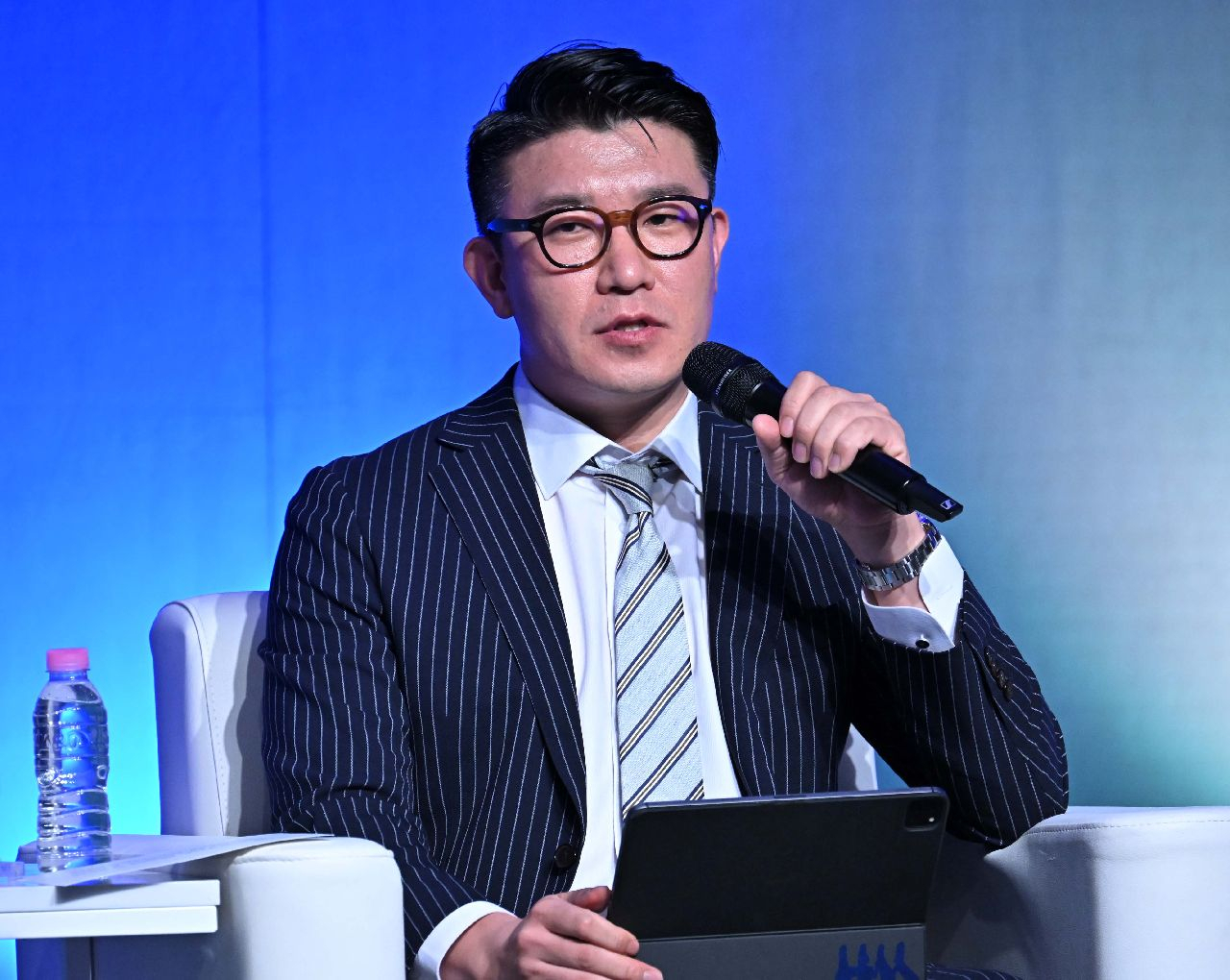
Lee Kwang-bok, director of the urban and property development unit at Korea Overseas Infrastructure and Urban Development Corporation, stressed a “blended finance policy,” which combines ODA with other private and public resources.
“Rather than hoping major companies make risky investments (in Africa), we (should) strengthen the investor-friendly support package,” Lee said. Such packages can be expensive, but that is the way to attract private firms that are “very responsive” to even minimal incentives, he added.
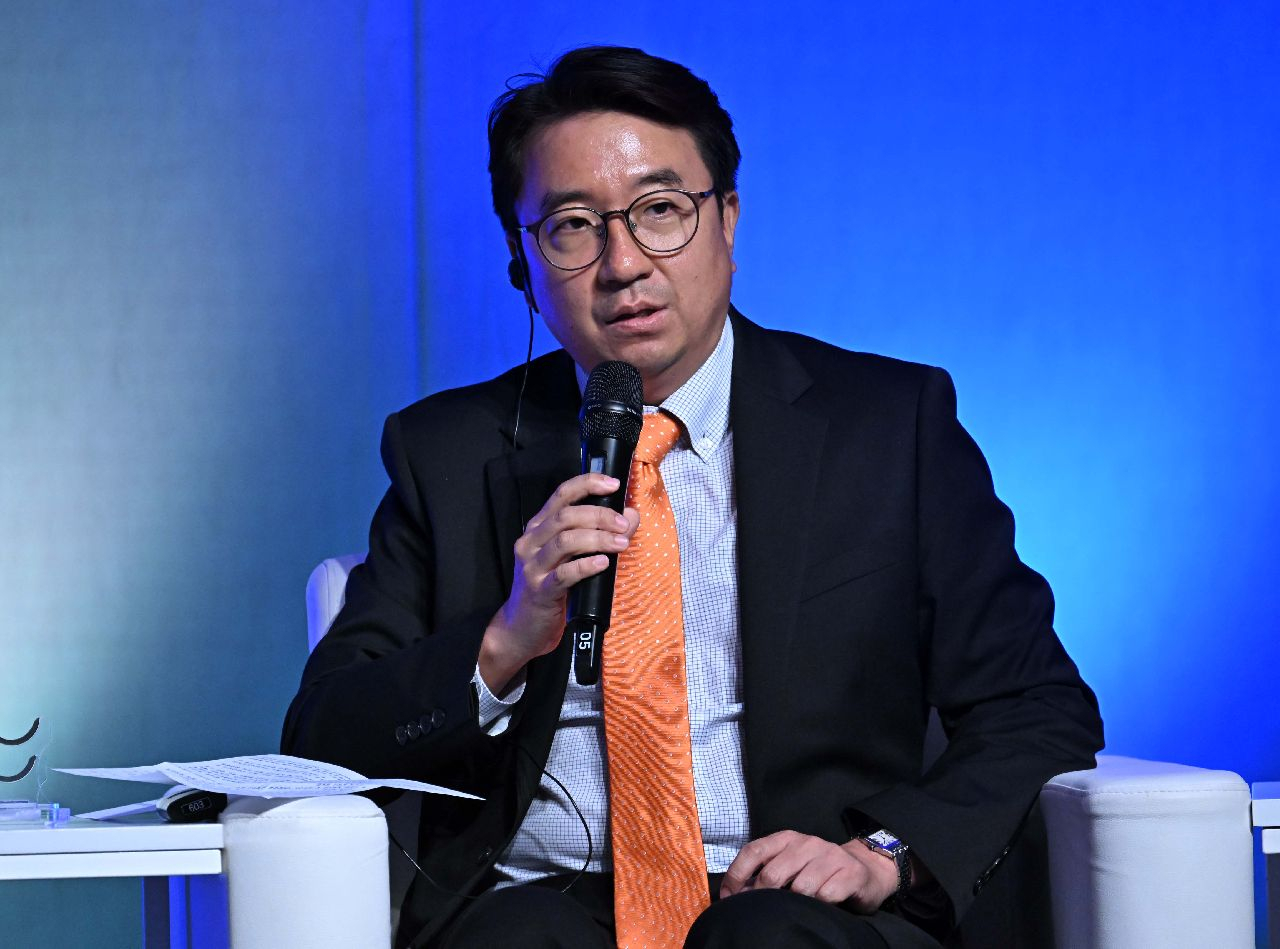
For potential cooperation, Korea and African countries should look into premium consumer goods, biomedical sector and agriculture fields, Kim Young-sang, the director of the overseas emissions reduction team at the Korea Trade-Investment Promotion Agency said.
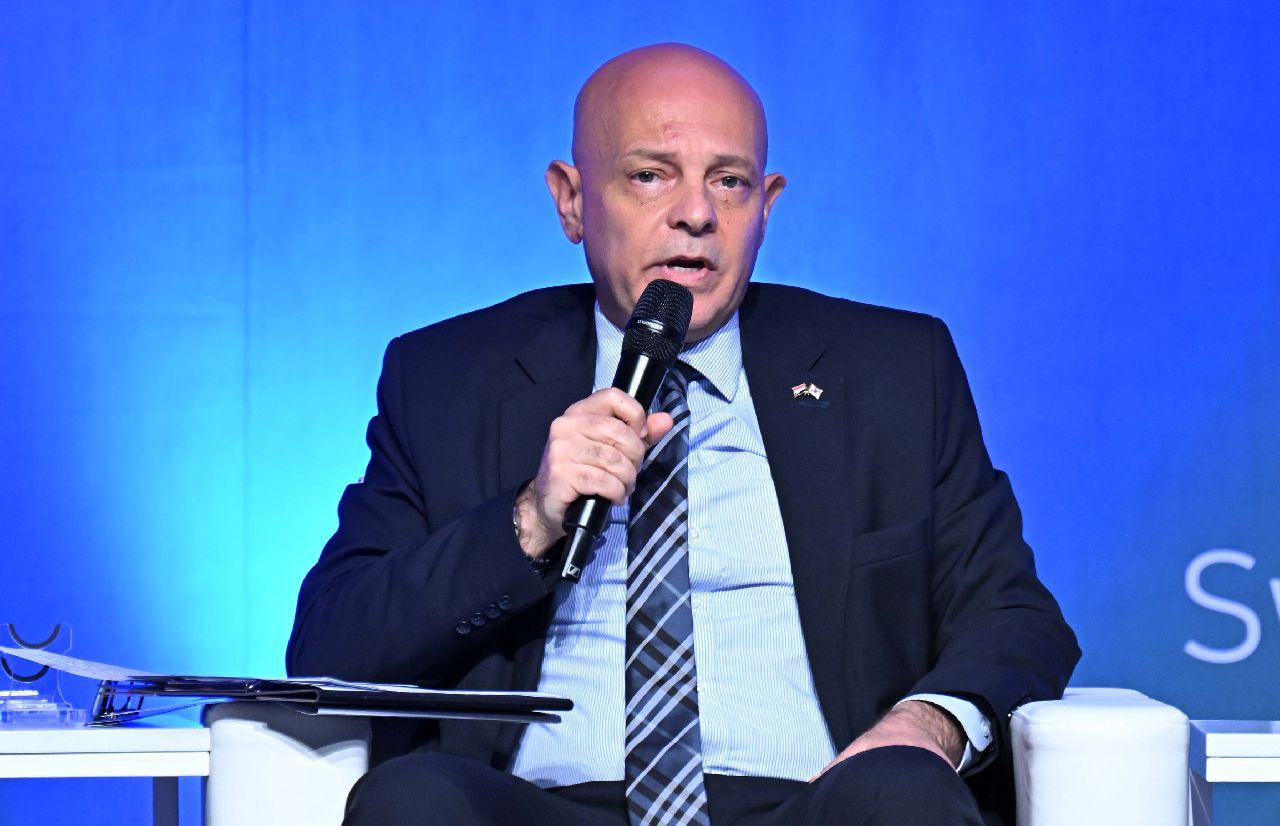
Egypt Ambassador Khaled Abdel Rahman highlighted how the economic ties between Korea and African countries will improve the quality of life for many in the African continent, citing renewable energy and digital innovation as key sectors for further cooperation.
"Knowledge and technology transfer is also an important aspect of our relationship. ... We definitely have a lot to share so we should continue to strengthen the people-to-people ties through new initiatives and promote cultural dialogue and collaboration," the ambassador said.
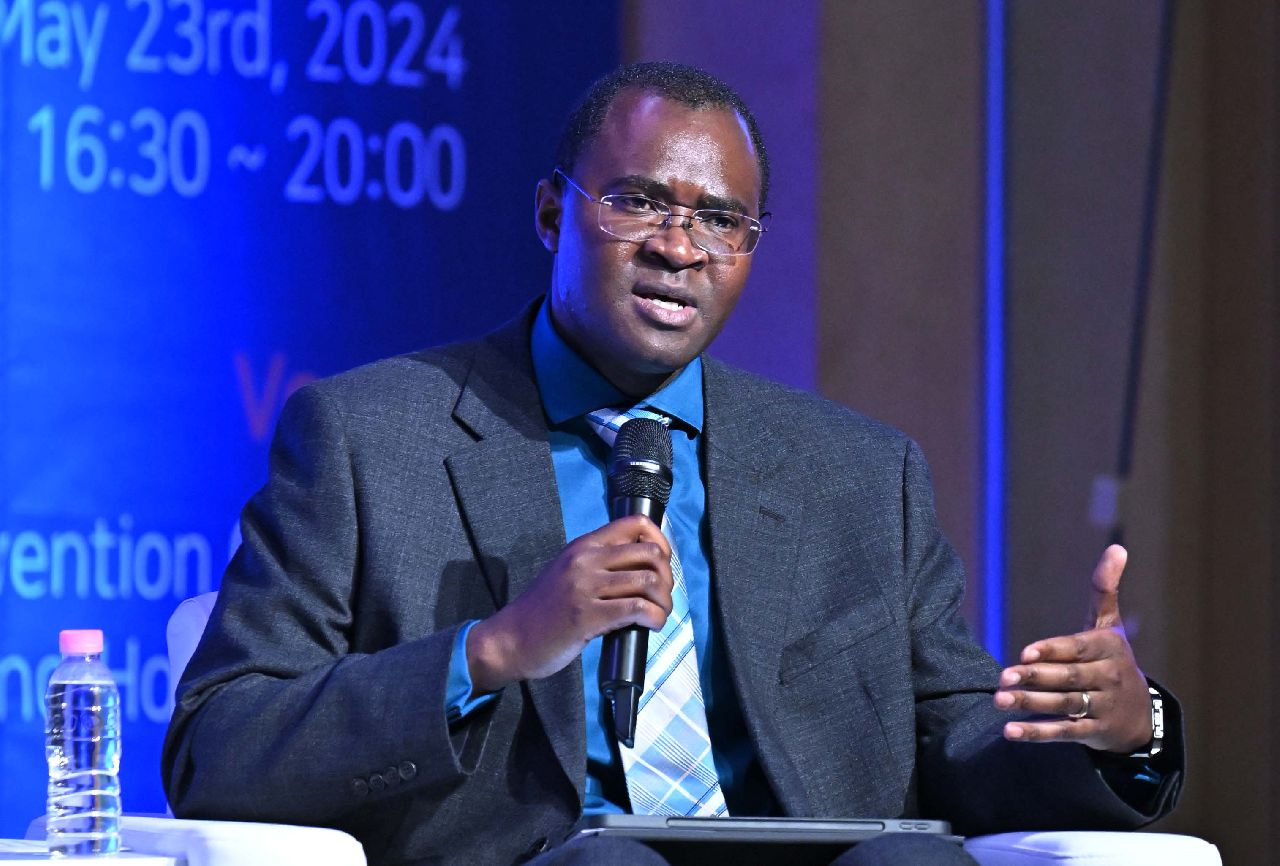
To make collaborative efforts more efficient, the two sides should also work on raising cultural understanding, Chammah Judex Kaunda, an African studies professor at Yonsei University suggested during the discussion.
“African countries need to have cultural competence in terms of understanding Korea itself, on how to engage and interact with the people in their terms. … Korea needs to open up a little bit more so that we can be invited into the spaces of Korea,” Kaunda said.





